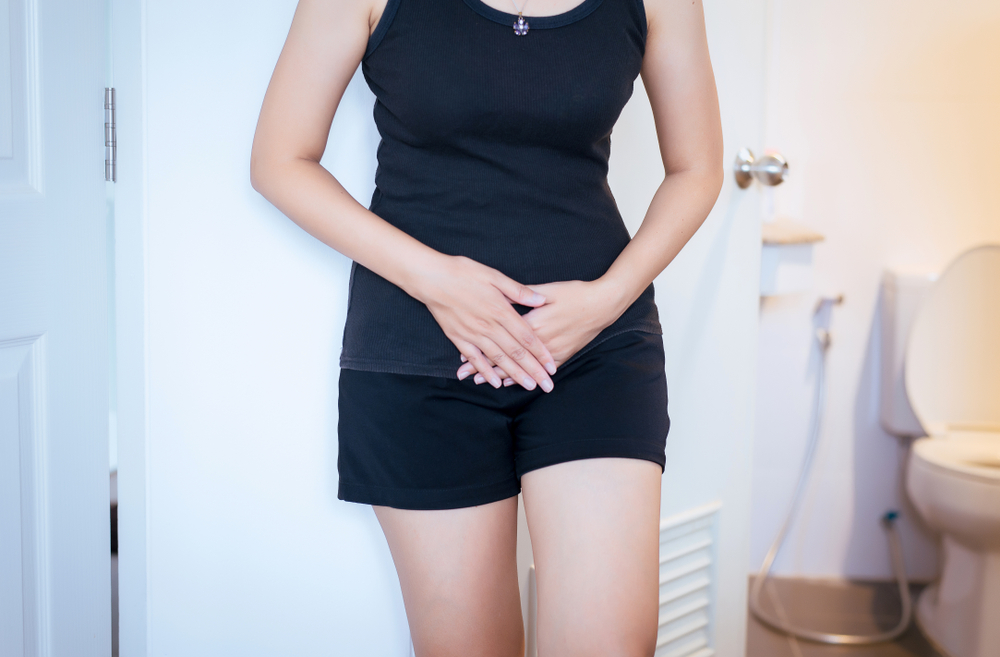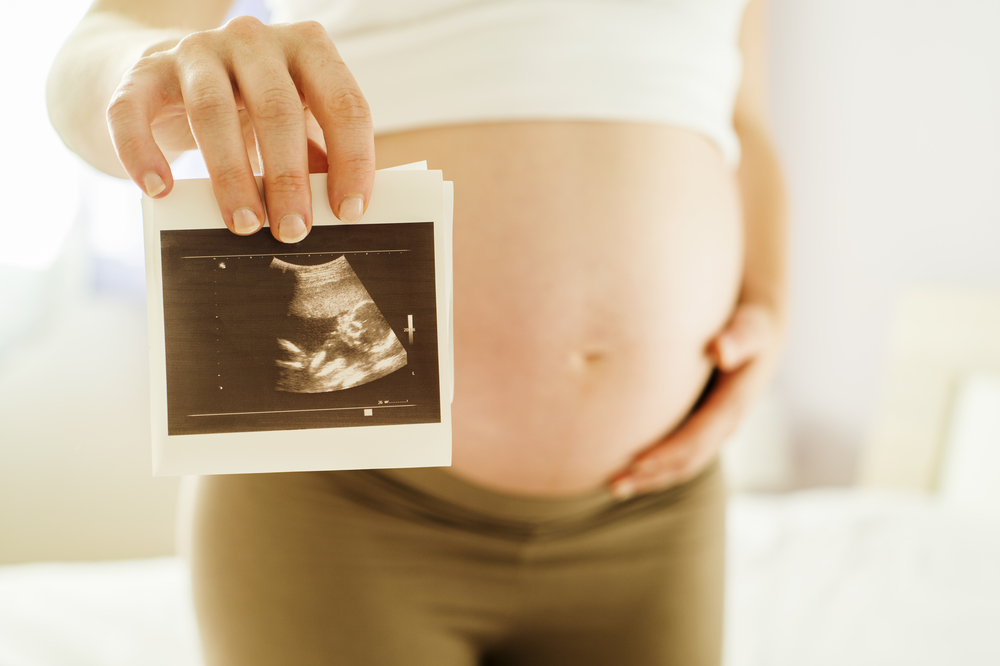Contents:
- Medical Video: Understanding Early Pregnancy Loss
- Bleeding after a miscarriage does not mean it is not normal
- What should be done while still bleeding after a miscarriage?
Medical Video: Understanding Early Pregnancy Loss
Bleeding is the most common sign of miscarriage. Usually this sign is also accompanied by cramps, abdominal pain in the lower part, and discharge from the vagina. These signs usually occur for several hours or several days after bleeding. But is it dangerous if bleeding after a miscarriage still occurs in a long time?
Bleeding after a miscarriage does not mean it is not normal
After a miscarriage, usually bleeding accompanied by pain will occur for several days. If you experience it, don't worry. This condition is normal and occurs in some cases.
Bleeding occurs because the uterine mucosa (inner uterine wall) may be damaged after a miscarriage, causing bleeding and pain in the abdomen, which generally takes two weeks. The severity can vary from woman to woman, starting from not feeling sick at all to disrupting daily activities.
Bleeding can also be caused by medical treatment you receive when having a miscarriage. If you do an operating procedure (curette) to clean the remaining tissue in the uterus, a sign usually shows that your uterus has recovered, namely the menstrual period. Menstruation will return to schedule within three to five weeks after a miscarriage.
Although not often, in some cases bleeding quickly stops after a miscarriage but actually experiences heavy bleeding about one to two weeks later. This incident is often misinterpreted as the emergence of another problem, even though this condition is still normal. Note that bleeding does not occur more than two weeks.
This heavy bleeding is usually caused by the body that is still in the process of 'cleaning', which removes some of the placenta left behind during a miscarriage. But if the blood is still out and the pain continues beyond the normal time - 10 to 14 days - it's better to talk to your doctor about the complaints you feel.
What should be done while still bleeding after a miscarriage?
If after a miscarriage the bleeding still occurs, it takes a while to clean it again. It is better if the bleeding still occurs, you are not recommended to put other things into the vagina, including having intercourse until the bleeding stops. Instead, you have to use tampons or sanitary napkins.
You are also encouraged to increase rest and not engage in strenuous activities. If pain in the lower abdomen is still felt, you can rely on painkillers. But beforehand first ask the drug right on your obstetrician.
The most important thing to do after a miscarriage is to clean all the contents of the uterus, because the pregnancy tissue that is still left in the uterus can cause infection. Contact your doctor immediately if you suddenly experience signs such as:
- Bleeding after a miscarriage lasts more than two weeks
- The blood that comes out when bleeding is very much
- Severe abdominal pain and cramps
- Fever
- The vagina produces a foul or unusual smell
In essence, bleeding after a miscarriage is normal. But when you and your partner are ready to try to have a baby back, make sure the next pregnancy runs healthy. Don't forget to always check your next pregnancy regularly, eat healthy food, and leave a bad lifestyle.












